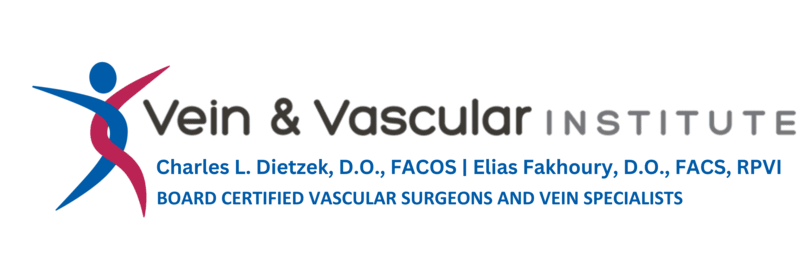The healthcare communication experts at Pharma Leaders want to eliminate any confusion among the general public when it comes to the art of cosmetology and the science of cosmetic surgery. As Pharma Leaders contributor Pallavi Deshpande puts it, “there’s a world of difference between a general cosmetologist and a medical cosmetologist.” In short, medical cosmetologists, including cosmetic surgeons such as Dr. Charles Dietzek of New Jersey’s Vein & Vascular Institute, set themselves apart from general cosmetologists through their medical training and their advanced scientific modalities.
While the work of cosmetologists is both surface-oriented and temporary, cosmetic surgeons have the ability make permanent or semi-permanent alterations that improve upon the basic structures and features of the human body.
Table of Contents
ToggleCosmetology Defined
The important thing to remember about cosmetology is that it is only skin-deep. The modern equivalent of “beautician,” “cosmetologist” is generic term that describes a licensed professional who provides cosmetic treatments to the skin, nails, and hair. Because the art of cosmetology covers a wide range of beauty processes and techniques, many practitioners tend to focus in one area, such as hair styling, to the exclusion of all others. Common skills practiced by the cosmetologist include makeup application, facials, waxing, and manicures.
The training undertaken by most cosmetologists is relatively short in duration and far less demanding than those of a cosmetic surgeon. A certificate course in general cosmetology typically takes a year to complete and can often be completed on a part-time basis. A trained cosmetologist typically works at a service industry business such a spa or a salon.
Cosmetic Surgery Defined
Far more involved than cosmetology, cosmetic surgery is a highly specialized field of medicine that helps patients address physical deformities and generally improve their appearance. Cosmetic surgeons are medical doctors who have subsequently undertaken specialized training in general plastic surgeon or specific areas such rhinoplasty or hair restoration. Depending on their specialization, these physicians must also possess a comprehensive medical understanding of anatomical domains such as muscles, tissues, skin, and arteries/veins.
After completing university training and medical school, most cosmetic surgeons continue to expand their knowledge over the remainder of their careers by completing postgraduate coursework in their areas of professional interest. They typically perform multiple surgical (facelifts, nose jobs, breast augmentation, liposuction) and/or noninvasive (chemical peels, dermal fillers, laser hair removal, spider vein treatment) procedures. While the work of the cosmetologist is generally short-lived, the work of the cosmetic surgeon often lasts years.
Are You Ready to Go Beyond Mere Cosmetology?
To find out more about the ways in which an aesthetic surgeon can deliver cosmetic enhancements that go far beyond the surface fixes of makeup and hair styling, contact Dr. Charles Dietzek and New Jersey’s Vein & Vascular Institute today.
